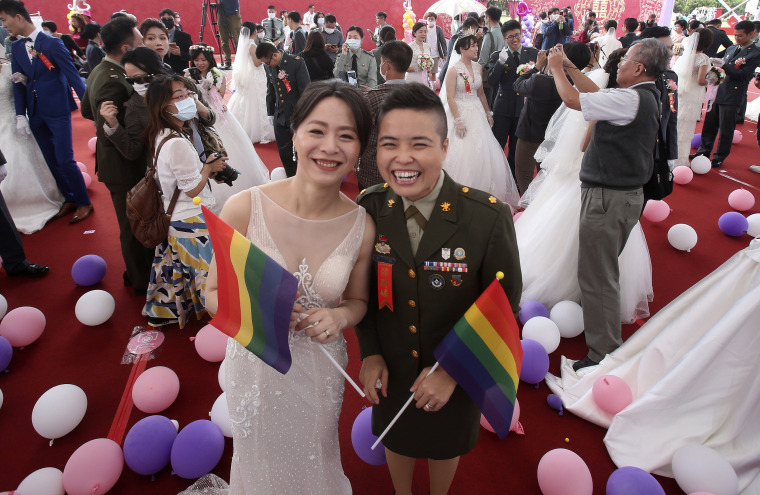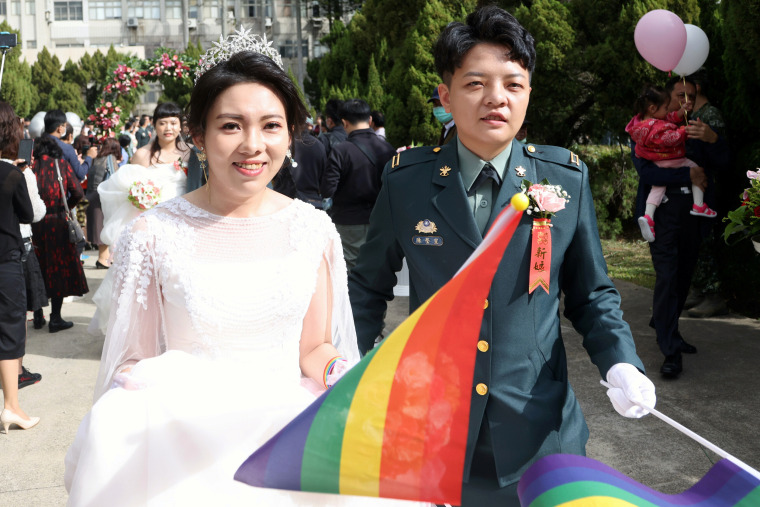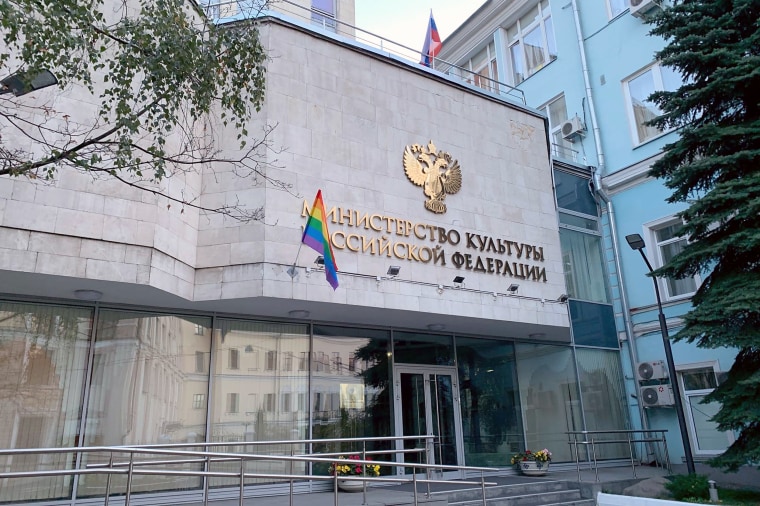
It said it had already agreed to a freeze lasting until March 2022, and changing the agreement at short notice was not feasible.
Other unions representing ground and cabin crews have agreed to the prolonged wage freeze, which is set to last as long as the airline receives government support.
On Friday the government said it would withhold payments from the 3.4 billon euro bailout package KLM is due to receive unless the company adjusted its restructuring plan to include the freezes.
Air France-KLM on Friday reported 67% drop in third-quarter revenue to 2.52 billion euros, underlining the airline's dire financial condition as a new COVID-19 surge poses further threats to an industry already crippled by the epidemic and a collapse in long-haul travel.Air France-KLM has 12.4 billion euros in liquidity, thanks largely to a French and Dutch government-backed bailout, a cash cushion comparable to that of European peers Lufthansa and IAG .
(Reporting by Stephanie van den Berg; editing by John Stonestreet)
The Dutch government on Saturday suspended plans to help beleaguered national carrier KLM with a multi-billion-euro bailout package after unions declined to sign a deal involving a five-year pay-cut plan.

The move puts the future of the Dutch arm of Air France-KLM into jeopardy, which said it would not remain afloat without a massive government injection to save KLM, the world's oldest airline hit hard by the coronavirus pandemic.
"The planned state aid is not going through. It's disappointing but that's the case," Finance Minister Wopke Hoekstra told reporters in The Hague.
"It's really important now that everybody take their responsibility and realise that KLM is in an existential crisis," the minister said after talks with KLM.
The Dutch cabinet's decision follows a day of intensive talks between KLM and its unions to try and reach agreement over the deal.
Hoekstra gave KLM and unions representing pilots, cabin and ground crew until 12:00 pm (1100 GMT) on Saturday to sign the agreement to unlock the 3.4 billion euro injection.
While talks are still ongoing with several unions, the Dutch pilots' union VNV have refused to sign what they termed a "last minute" change to conditions for the deal.
The bitter feud centres around a clause in the agreement which asks the troubled airline's staff to take salary cuts for the next five years.
KLM this week presented the Finance Ministry with the austerity plan, which demands a 15 percent cut in costs and will see 5,000 jobs being shed as a result of the global impact of the coronavirus pandemic on air travel.
It also included an agreement from unions to cut pilots' salaries until March 2022 and ground and cabin crew salaries until the start of 2023.
But Hoekstra on Friday turned down the plan, insisting on salary cuts to run concurrently with the government's five-year bailout package.
- 'Great uncertainty' -
"We have not signed," a VNV representative told AFP shortly after the deadline passed.
"We had an agreement in place with KLM on October 1 and now they (the government) are going back on it," said the representative, who declined to be named.
"A deal is a deal," he said.
Talks are also ongoing with umbrella union FNV which accused the government of "creating great uncertainty with changes at the 11th-hour".
"We do not understand why KLM and the cabinet require extra commitment at the last minute," FNV said in a statement to AFP.
But it added: "As FNV we will never endanger the future of KLM."
Some 3,000 pilots within the airline are said be the hardest hit by the austerity plan, with salary cuts of up to 20 percent, Dutch news reports said.
Other unions, however, have signed the deal including cabin crew union and the aerospace technicians' union, saying keeping KLM flying was the first priority.
"We're staring at the bottom of the barrel," Dutch Union of Aerospace Technicians (NVLT) chairman Robert Swankhuizen told the RTL Nieuws private broadcaster.
"Squabbling any longer jeopardises state aid," he said.
Air France-KLM posted a net loss of 1.7 billion euros ($1.9 billion) for the third quarter, compared with a 363 million euros profit year-on-year.





 ©Louise Watt Image: Pride parade in Taipei (Louise Watt / for NBC News)
©Louise Watt Image: Pride parade in Taipei (Louise Watt / for NBC News)















